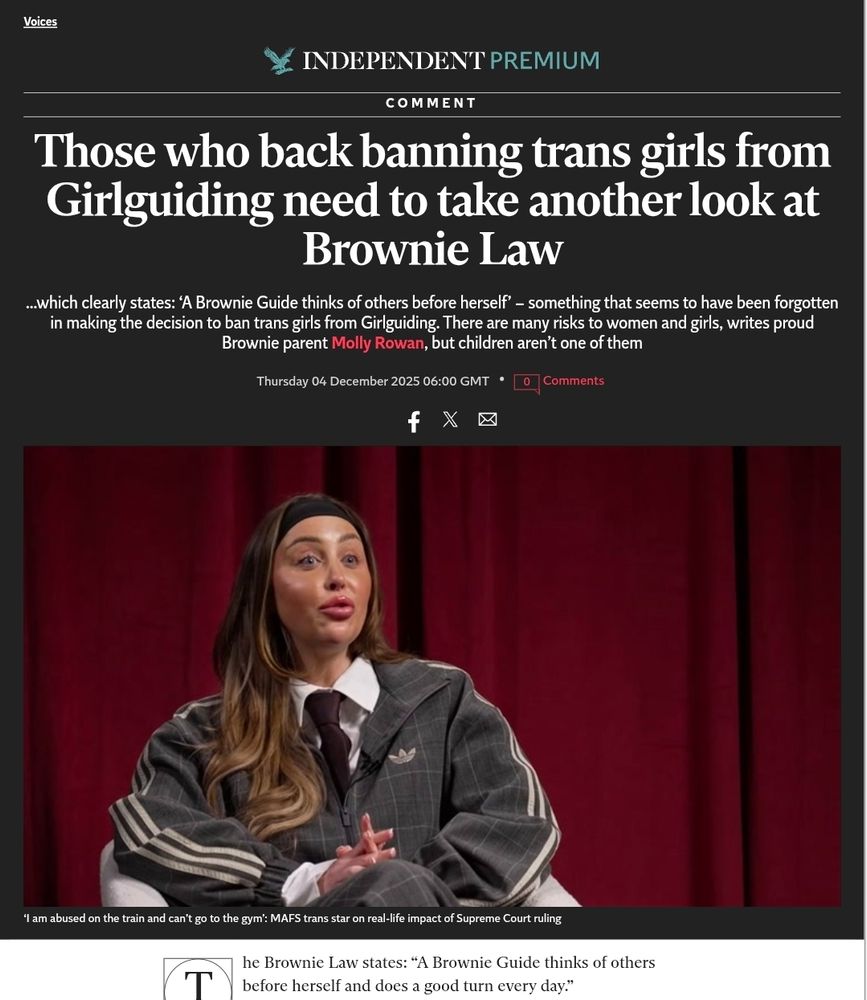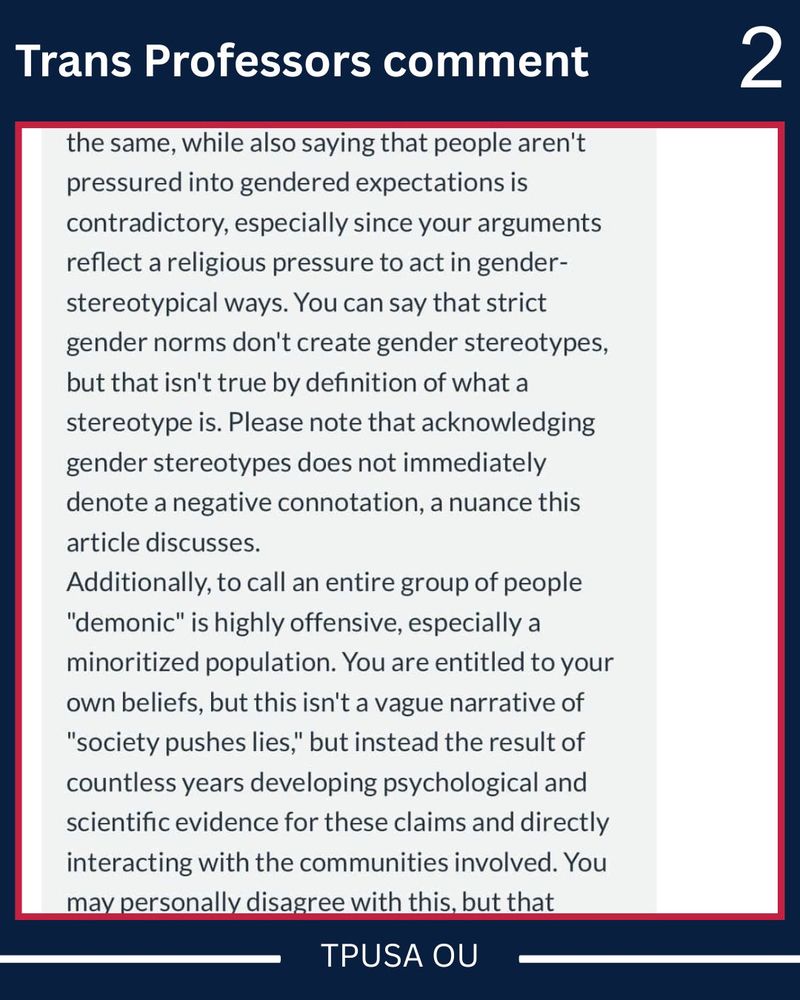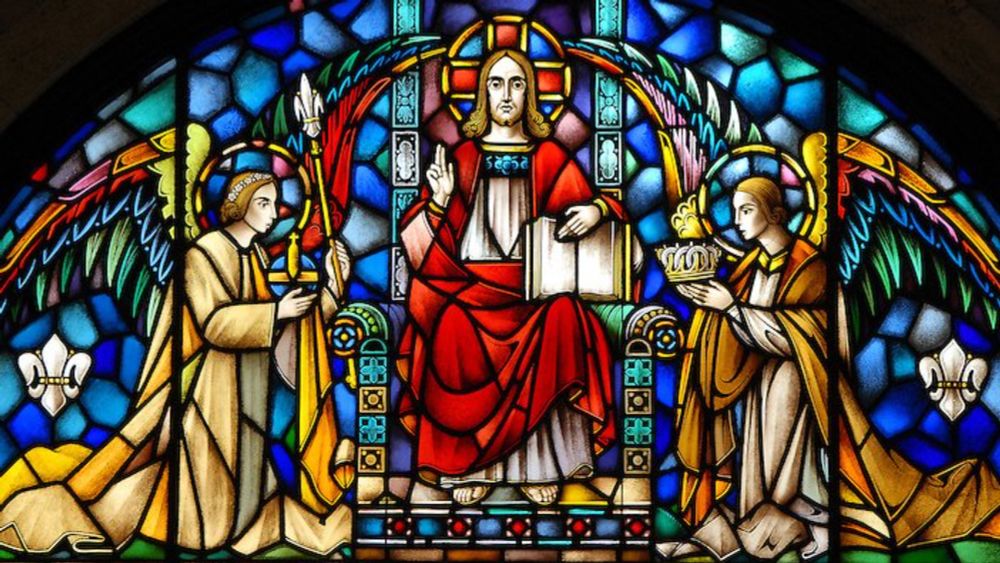
Co-Editor of Trans Life and the Catholic Church Today (T&T Clark, 2024)
Find/access my stuff at https://linktr.ee/nicoleteburbach
Can't access my DMs. Opinions are my own

archive.ph/6f4b7

archive.ph/6f4b7
As you can probably guess from the above, there's been a really horrifying update from this group and they'd really appreciate any further support you could offer
gofund.me/4b0a993c4
As you can probably guess from the above, there's been a really horrifying update from this group and they'd really appreciate any further support you could offer
gofund.me/4b0a993c4




She knowingly wrote a garbage essay for her trans prof's class and when she obviously got a terrible grade stirred up a media storm
This was clearly the intended outcome
She knowingly wrote a garbage essay for her trans prof's class and when she obviously got a terrible grade stirred up a media storm
This was clearly the intended outcome
Read more from Francis Stewart in a new blog for CCSTP.
ccstp.org.uk/articles/202...



open.spotify.com/listeningsta...

open.spotify.com/listeningsta...
Read more from @nicoleteburbach.bsky.social @londonjesuit.bsky.social.
ccstp.org.uk/articles/202...

Read more from @nicoleteburbach.bsky.social @londonjesuit.bsky.social.
ccstp.org.uk/articles/202...




CCSTP steering group member Maria Exall invites us to explore the Apostolic Exhortation, Dilexi Te, in this blog. ccstp.org.uk/articles/202...

The rich countries are mostly responsible for climate change, so we have a responsibility to take climate refugees.
Their homes will never to be safe to return to.
theconversation.com/how-the-rich...

The rich countries are mostly responsible for climate change, so we have a responsibility to take climate refugees.
Their homes will never to be safe to return to.
theconversation.com/how-the-rich...
How many Labour MPs got into politics in order to vote for stealing jewellery off of people seeking refuge from war and persecution?





